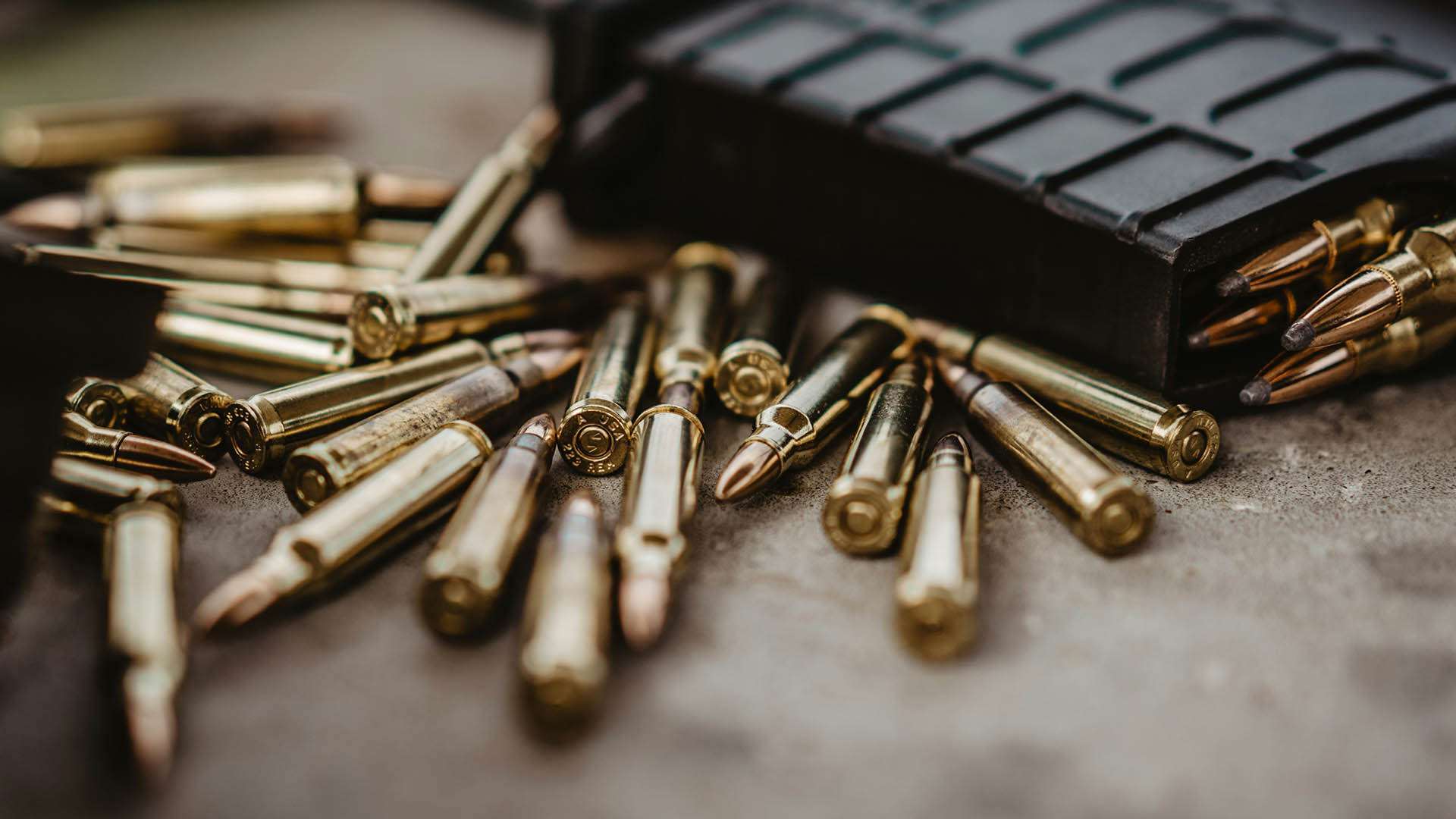A Blog for Gun Owners, By Gun Owners
Not all cartridges are created equal, and not just in terms of caliber. Each is designed with different bullets, loads, and materials for a specific purpose, from self-defense to long-range precision shooting. While having a cartridge built for your use case isn’t necessary, it can drastically improve performance.
But there are so many types of ammunition on the market that it can be hard to choose the right one. We wrote this ammo comparison guide to make finding your perfect cartridge easier. Let’s jump in!
Before we look at different types of ammo for sale, we need to look at the traits every type has. Here’s what to look for in a modern cartridge:
While there are a few other types of ammunition for older firearms that have more traits to look for (for example, whether it’s rimfire ammo or centerfire ammo), these are the major differences you’ll see in modern ammo comparisons.
The most well-known difference between cartridges is caliber. This is the bullet's diameter and the firearm barrel's inside diameter. Larger caliber cartridges typically feature heavier weights and more powerful loads than smaller calibers.
Your firearm can typically only fire one caliber of bullet. While some share the same diameter size, such as .223 Remington and 5.56 NATO, they may come packed with higher loads that could cause damage to a firearm that isn’t chambered for it. Research your gun’s caliber and any potential complications with using a type of ammunition in a different caliber before buying more ammo.
You can generally separate bullets into two weight categories for an ammo comparison: light and heavy. Both are measured in “grain”, though the exact weight range bullets are manufactured differs based on caliber. For example, 147 gr is heavy for a 9mm Luger bullet, while 250 gr would be considered light for a .450 Bushmaster bullet.
Lightweight bullets: These bullets are optimized for speed, distance, and precision. However, they sacrifice impact velocity and penetration, as well as stability in windy conditions. This makes them great for competitive long-range target shooting, but not good for securing ethical kills while hunting.
Heavy bullets: Heavy rounds hit harder. Unfortunately, you give up range. This type of ammunition is best for self-defense and hunting, where you need bigger expansion and better penetrating power.
The type of bullet is the most important part of an ammo comparison, as it has the most impact on its performance and application. Self-defense and hunting require bullets with the most expansion possible, while competitive and long-range shooting demands aerodynamic bullet tips.
While there’s an entire science to primers, we’ll just stick with looking at corrosiveness options for this ammo comparison.

At Sportsman’s Outdoor Superstore, we’re proud to offer a wide variety of modern and vintage ammunition. Whether you’re looking for rifle ammo for your AR-15 rifle or one of our revolvers for sale, you can restock on just about any type of ammunition at our gun store. Or, if you’re in the market for a new firearm, explore our collection of competitively priced, guaranteed in-stock guns for sale. Get everything you need for hunting, target shooting, and self-defense at Sportsman’s Outdoor Superstore!